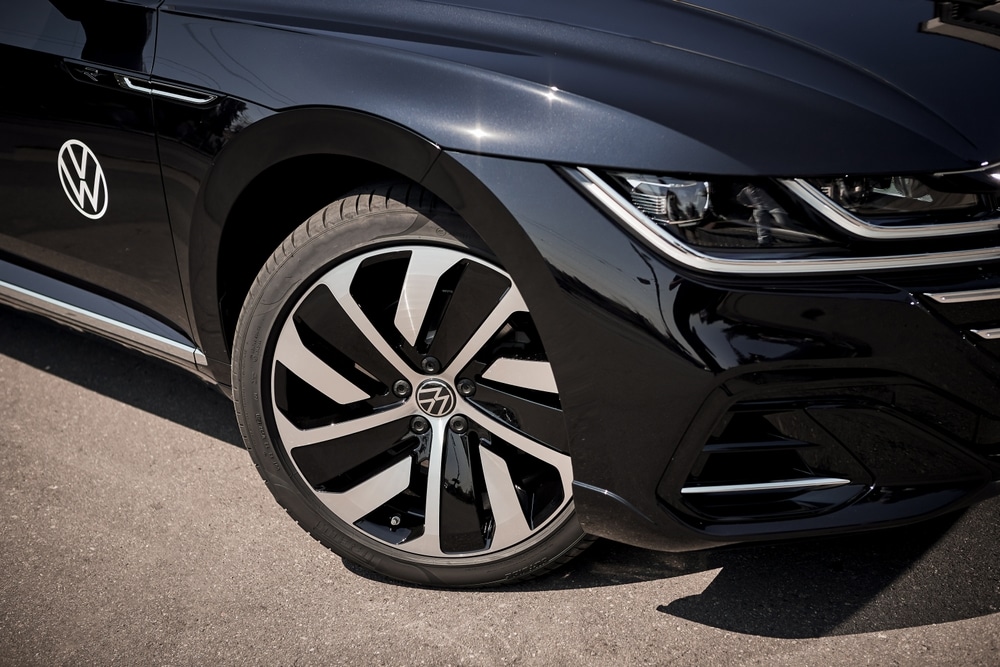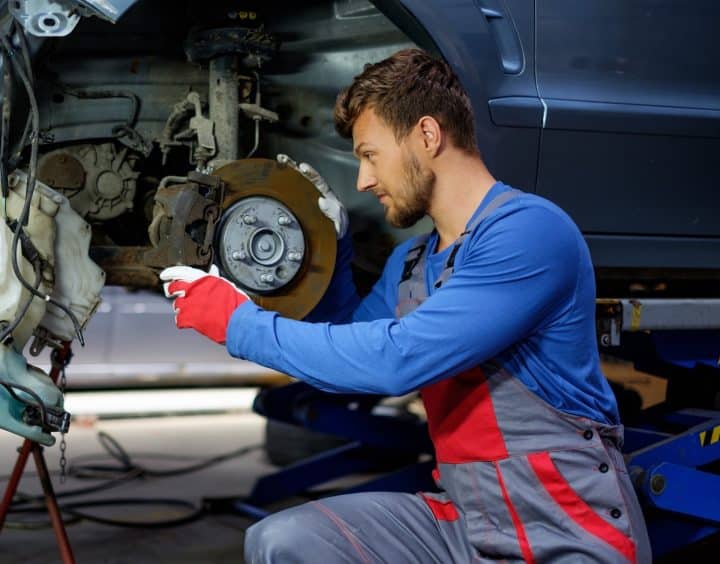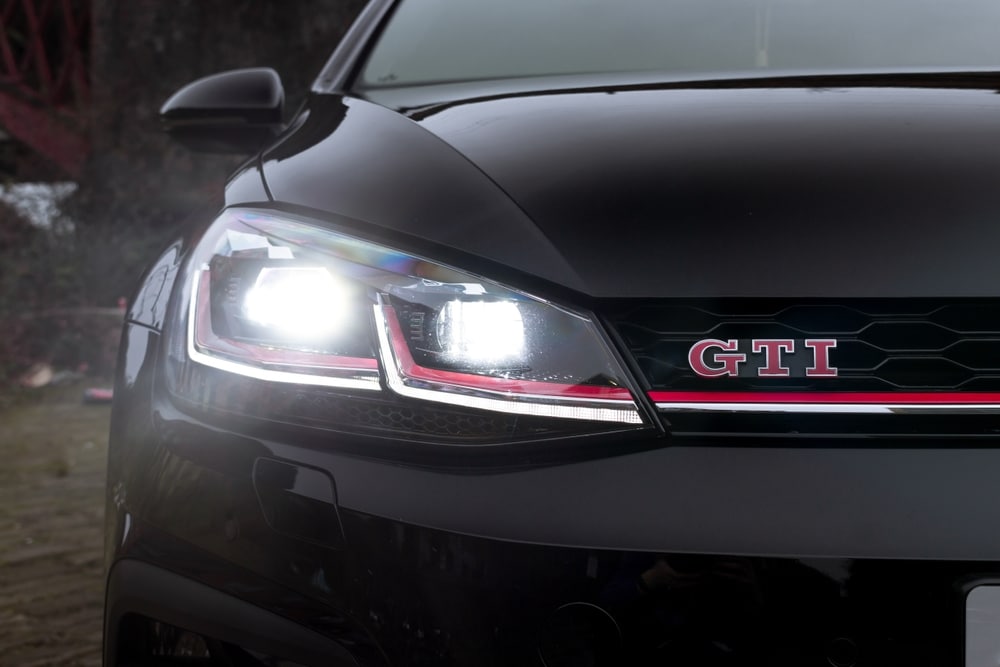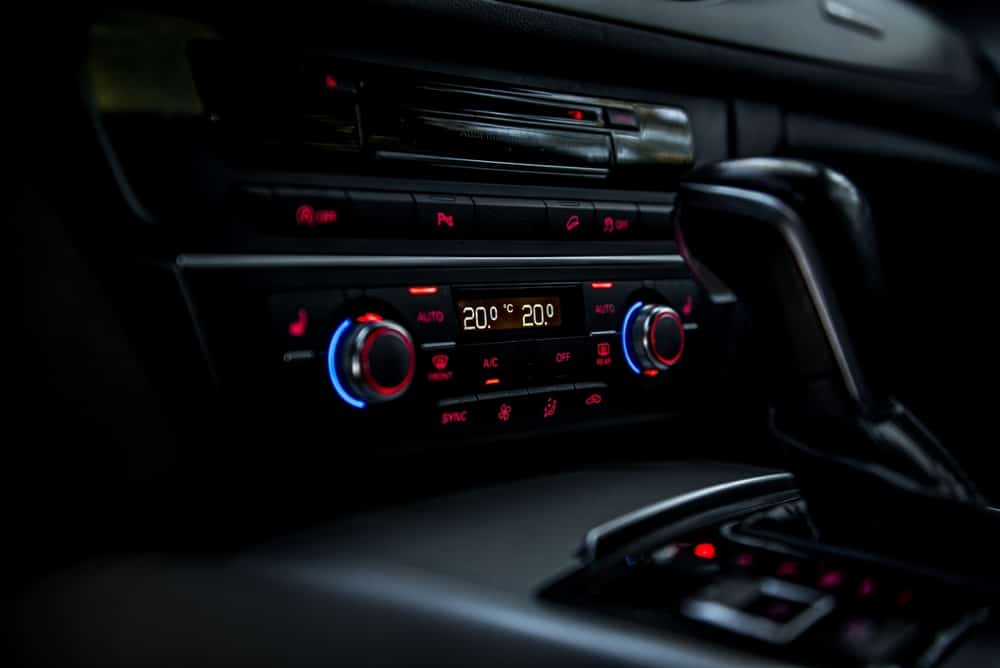VW Brakes
If you want to stay safe on the road, your VW’s brakes need to be in peak condition.
Having issues with your VW’s brakes can significantly raise the risk of accidents, something we all want to avoid.
This guide highlights the hazards associated with faulty brakes, identifying common causes for brake issues, while offering practical tips to keep your Volkswagen brakes in top working condition.
At Fitch Autos, our team of VW experts take great care in examining every aspect of your Volkswagen. With years of experience handling all VW models, we’ve got the skills and experience needed to spot and solve any problems before they become significant issues.
Choosing our experts means saving time, money and stress. What more could you ask for?
Whether you’re a Volkswagen owner or simply keen on vehicle safety, this comprehensive guide should not be missed. It covers the importance of having fully functional brakes in your vehicle and what to do if they’re not performing as they should.
Looking for Volkswagen brake services? Look no further than our skilled VW specialists at Fitch Autos.

The Importance of Good VW Brakes: What You Need to Know
Ensuring your VW’s brakes are in prime working condition is necessary if you want to avoid severe or even fatal accidents. Your braking system is not an area of your vehicle you want to neglect.
Faulty brakes can cause longer stopping distances, dramatically increasing your likelihood of road collisions.
At Fitch Autos, your safety is our top priority. We recognise brake problems are one of the UK’s leading causes of road accidents, making up about 25% of all traffic incidents.
Ignoring your VW brake maintenance can be a dangerous oversight. Keeping your VW’s brakes in flawless condition is an excellent way to keep yourself and others safe on the road.
For expert VW brake maintenance and your peace of mind, Fitch Autos is here to help.
VW Braking System: How it Works
Knowing how your VW’s braking system operates is crucial for its upkeep and performance. As with most modern vehicles, the braking system in your Volkswagen is a sophisticated combination of hydraulic and electronic elements designed to slow down and stop your car effectively while driving.
Key components of your VW’s braking system include:
- The Brake Pedal
- A Master Cylinder
- Brake Callipers
- Brake Pads
- Brake Discs
When you engage the brake pedal, it activates the piston in the master cylinder, propelling brake fluid through the lines to the callipers. The callipers contain pistons that exert pressure on the brake pads, which then contact the discs or drums, slowing your VW down or bringing it to a complete stop.
Some VW models are also outfitted with advanced safety features like:
- Anti-lock Braking System (ABS): Prevents the wheels of your VW from locking during braking
- Electronic Brakeforce Distribution (EBD): Modulates the braking force according to the vehicle’s load distribution
- Electronic Stability Control (ESC): Uses various sensors to detect and correct skidding or loss of control, enhancing your safety
A thorough understanding of your vehicle’s braking components and systems is essential to keeping your VW running smoothly.

Keeping Your VW’s Brakes in Good Condition
Regular maintenance and thorough inspections are key to ensuring your VW’s brakes function at their best, helping you avoid costly repairs in the future.
Here’s some of the main VW braking components you should keep your eye on:
- Brake Pads: Subject to significant wear due to the friction created when they press against the discs or drums to slow down or stop your car. It’s important to check them regularly and replace them when necessary.
- Brake Discs or Drums: These are the parts that the brake pads clamp onto. They can wear out or get damaged over time. If this happens, they’ll need to be replaced or resurfaced to maintain your VW’s performance.
- Brake Callipers: These are crucial for holding the brake pads and applying force to the discs or drums. If callipers malfunction, they can cause issues like sticking, seizing, or leaking brake fluid. This can lead to a soft brake pedal or reduced braking effectiveness.
- Brake Lines and Hoses: They carry the brake fluid from the master cylinder to the callipers. These parts can suffer from corrosion or damage, leading to leaks and low pressure in the braking system.
- Brake Fluid: Over time, brake fluid can absorb moisture, which diminishes its effectiveness and could become hazardous. Regular monitoring and replacement, as recommended in your VW’s owner’s manual, are crucial.
- ABS Module and Sensors: Vital for the Anti-lock Braking System, these sensors prevent wheel lock-up by adjusting brake pressure. If these sensors malfunction, they can impair your VW’s ABS and must be replaced.
Staying on top of the maintenance for these crucial VW braking system components is the best way to ensure they remain in peak condition.
What You Need to Know About Brake Health
Want to keep your VW brakes in top working condition? Watch out for these faulty brake warning signs:
- Unusual Noises When Braking: Squeaking or grinding sounds during braking often indicate worn-out brake pads needing replacement.
- Soft or Spongy Brake Pedal: A brake pedal that feels unusually soft or spongy could signal low brake fluid or air in the brake lines. Don’t delay addressing this issue.
- Car Pulling to One Side When Braking: If your vehicle pulls to one side while braking, it may point to an issue with the brake callipers or uneven wear of your vehicle’s brake pads.
- Dashboard Warning Lights: Many modern VWs have early warning systems for various brake issues, like low brake fluid or ABS problems. If one appears, don’t ignore it.
- Vibration or Pulsing During Braking: This could indicate warped or damaged brake discs or drums.
- Brake Fluid Leaks: If you’ve got a visible leak, this is a serious concern, possibly indicating problems in your VW brake lines or hoses, affecting brake pressure.
Addressing these issues promptly is key to maintaining optimal braking performance and overall safety. If you notice any of these signs, don’t wait around.
Call Fitch Autos today for VW specialist help.
VW Brakes: How to Extend Their Life
Keep your VW brakes in top condition and reduce costs with these practices:
- Smooth Driving Habits: Gentle braking and moderate speeds can greatly prolong the life of your VW’s braking system.
- Avoid Overloading: Excessive weight or towing heavy items can stress your brakes. Stick to your vehicle’s recommended load limits.
- Manage Brake Temperature: In heavy traffic or long downhill drives, your brakes can overheat, leading to wear and reduced efficiency. Keeping your VW brakes cool is important for their longevity.
- Regular Brake Fluid Checks: Regularly monitor and maintain your brake fluid level and quality. Contaminated or moisture-absorbed brake fluid can severely affect your VW’s braking performance. Change the fluid as necessary.
- Routine Brake System Inspections: Regular checks of your entire VW braking system, especially the brake pads, and timely replacement of worn components ensures efficient and safe braking.
Follow these tips to significantly increase the lifespan of your VW’s brakes, ensuring your vehicle remains reliable and safe.
Why You Should Trust a VW Specialist to Look After Your Vehicle
At Fitch Autos, our dedicated VW specialists have expertise in everything Volkswagen. There isn’t an issue we haven’t seen and we can solve them all.
Here’s why our local independent VW garage is highly rated by our customers:
- Specialised VW Knowledge: Our team is focused on VW vehicles, allowing us to swiftly diagnose and fix any issues with your vehicle’s braking system, often resolving them during your first visit.
- Exceptional Value: Choosing our VW services means you receive dealership-level expertise for far better value.
- Personalised Servicing: Every VW is unique and yours is no different. Our expert technicians deliver customised servicing tailored to your VW’s specific needs.
- Safety First: Your safety is our priority. We ensure your vehicle’s brakes are always in optimal condition, offering you confidence and peace of mind on the road.
- Top-Quality Brake Components: We use only genuine VW parts or high-quality alternatives to guarantee superior brake performance for your vehicle. You get improved performance, longevity and safety with us.
In need of expert VW brake servicing? Call Fitch Autos today for all your VW brake needs. You’ll get better than dealership service at better value.


